
Liver Cancer
Advertisement
The panel ends with challenges and current limitations of biomarkers in HCC, emphasizing the need for more effective tools.
The panel highlights the lack of definitive data and the rationale behind using second-line TKIs or ICIs.
The panel explores how treatment goals in advanced HCC have evolved, in light of unpredictable long-term responders to IO.
The panel examines the role of len/pembro, weighing its clinical activity against the backdrop of a negative phase III trial.
The panel focuses on how they approach regimen selection amid new options like ipi/nivo, atezo/bev, and durva/treme.
Dr. He shares her insights on the evolving role of single-agent vs combination IO in the neoadjuvant setting for aHCC.
Dr. Finn discusses the follow-up of LEAP-002 and its clinical implications despite not meeting the primary end points.
The addition of concurrent chemoradiation to chemotherapy can improve OS and resection rates in patients with LAGBC.
LEAP-002 long-term follow-up suggests there may be benefit associated with len/pembro for patients with aHCC.
Dina Ioffe, MD, Fox Chase Cancer Center, talks about the use of immunotherapy in the neoadjuvant or adjuvant setting.
Researchers evaluated the efficacy and safety of hepatic arterial infusion chemotherapy as a first-line treatment option.
Dr. Christopher Lieu shares his top liver-directed therapies for metastatic colorectal cancer with liver involvement.
Dr. Maen Abdelrahim reflects on the multidisciplinary collaboration required to make transplant oncology a clinical reality.
GI Oncology Now spoke with experts about HCC, how its management is changing, and how advancements are reshaping the disease.
Complete responders with HCC have prolonged survival and durable disease control even after therapy has been discontinued.
Drs. Finn and Yopp discuss the challenges of defining high-risk patient populations in adjuvant therapy trials for HCC.
Nivolumab plus ipilimumab provided a higher OS and ORR rate, supporting the combination as a potential standard of care.
Dr. Pasche discusses the trial that led to the TheraBionic P1 device's regulatory approval by the FDA.
Dr. Weinberg provided his perspective on the CheckMate 9DW expanded analyses, as well as multiple studies in CRC.
Previous data pointed to the benefit of adjuvant immunotherapy for patients with HCC through the use of CIK cells.
Advertisement




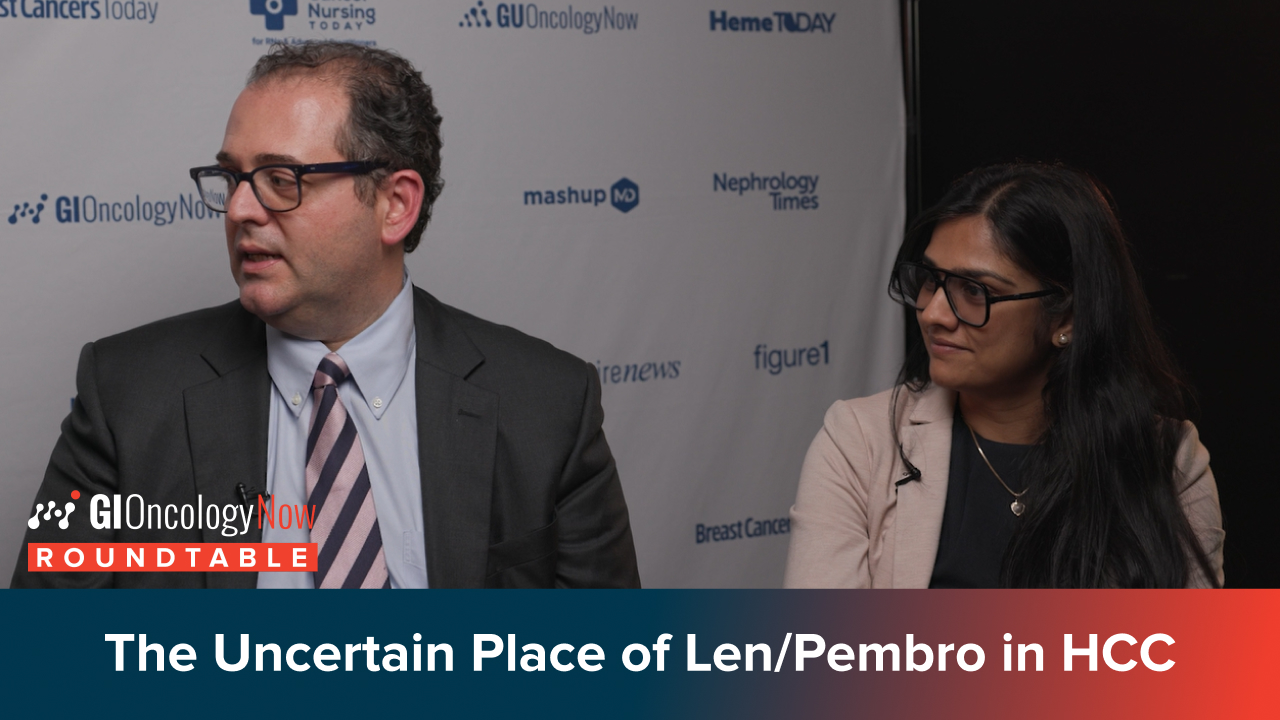
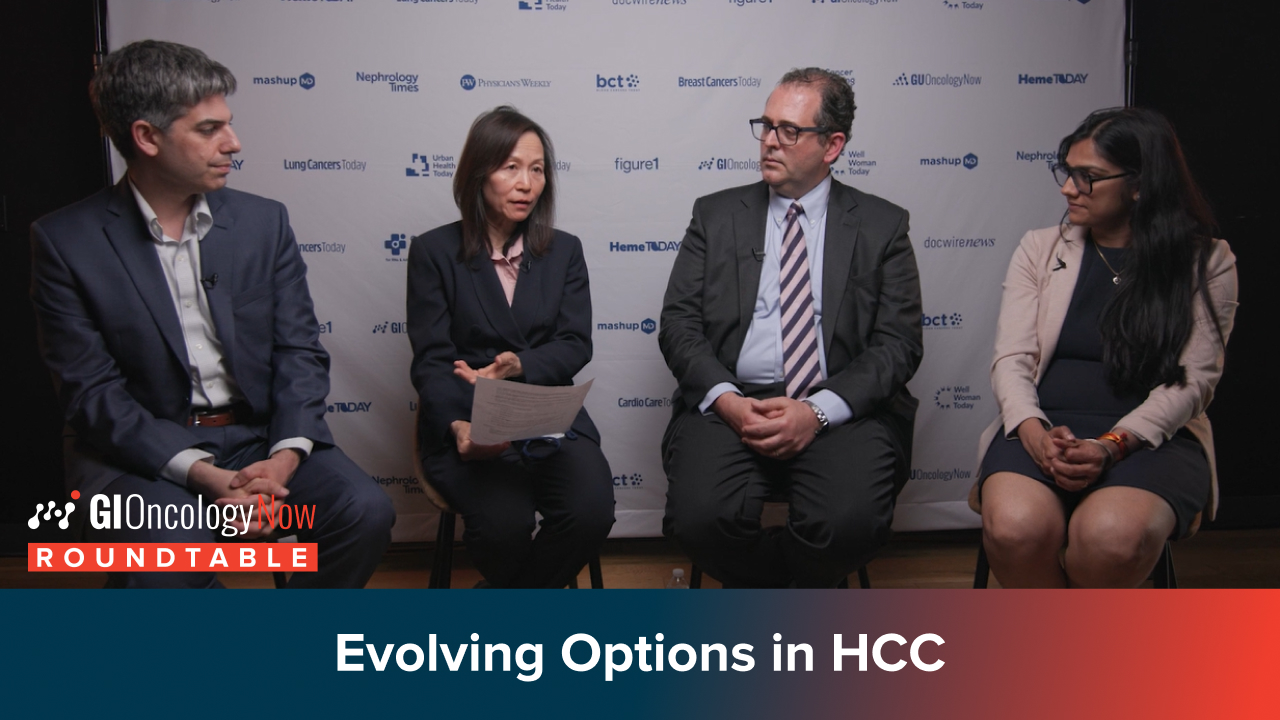

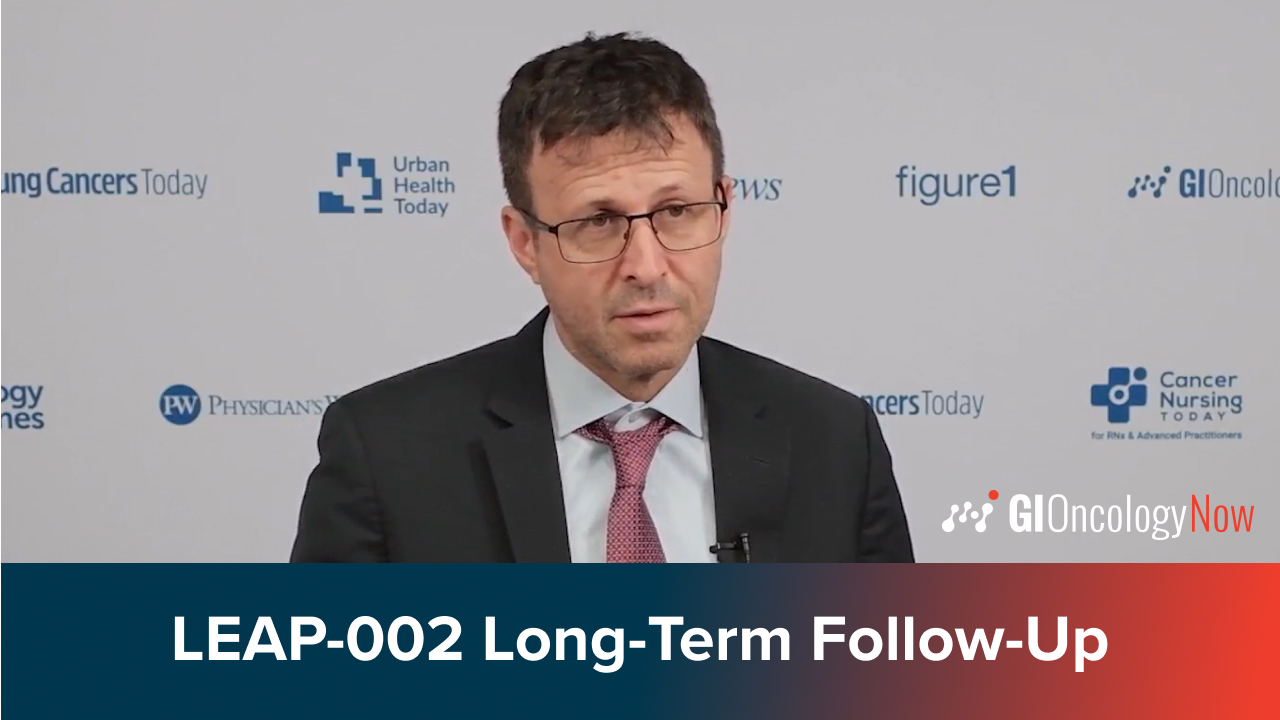

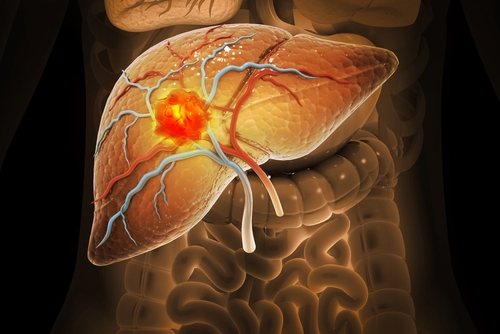







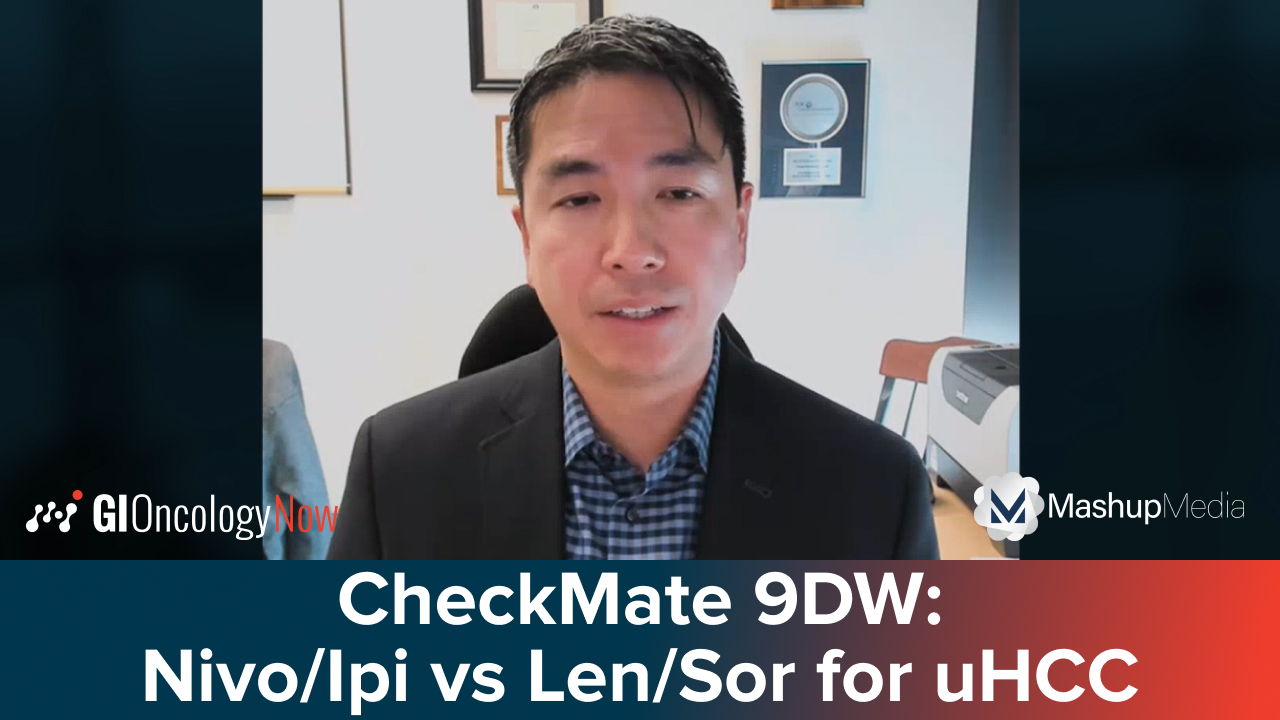

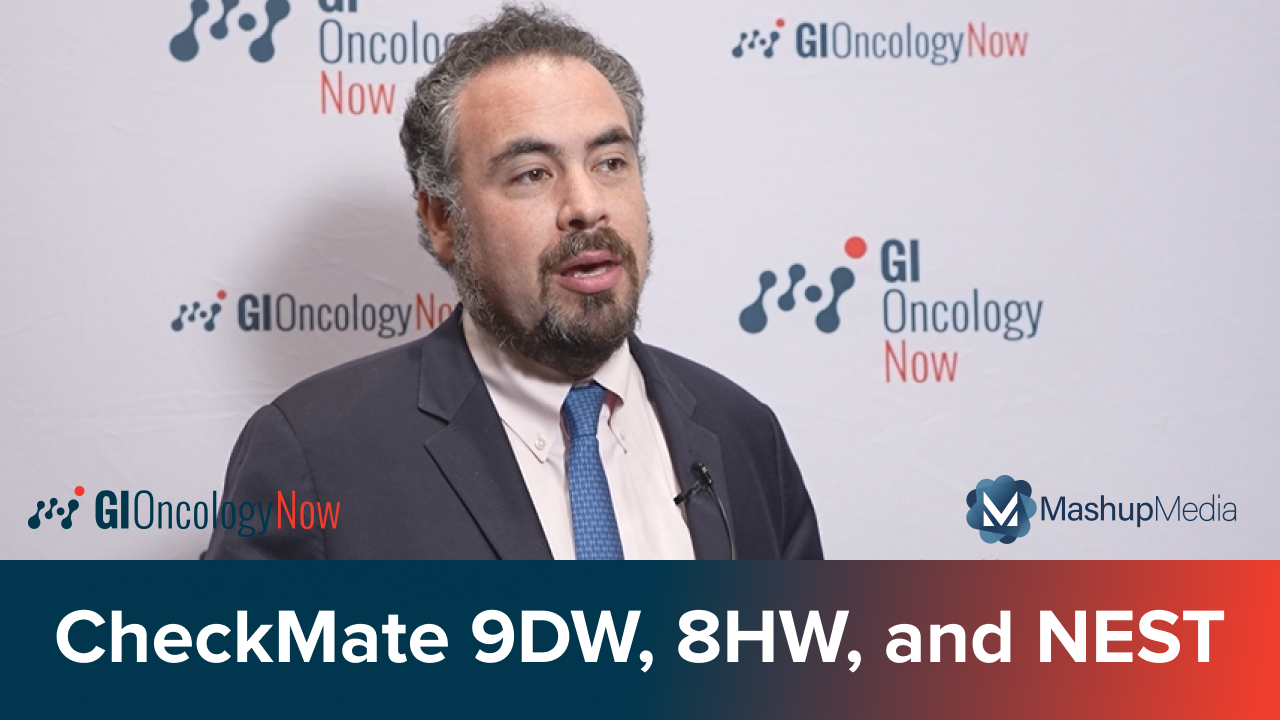
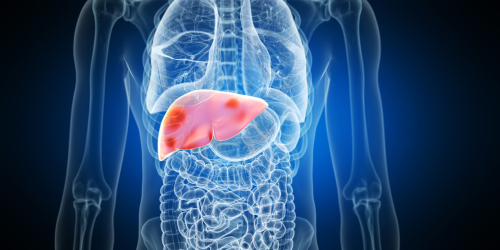

 © 2025 Mashup Media, LLC, a Formedics Property. All Rights Reserved.
© 2025 Mashup Media, LLC, a Formedics Property. All Rights Reserved.